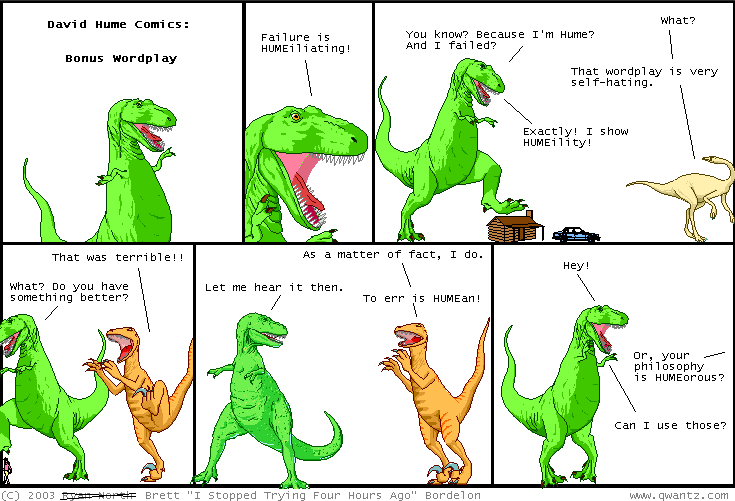The subject of genetic engineering / manipulation came up during Hanna, though in an unrealistic sci-fi scenario where the CIA tried making super soldiers through invitro - genetic enhancement. But while this sounds like sci-fi now, there are a lot of things today that can be done that are NOT science fiction that are pretty close to genetic manipulation.
 of cats. It shut down in 2006 for reasons I can't quite fathom (besides my basic revulsion of the idea, other qualms), but here's an NPR link to a radio interview about the company when it opened in 2004 http://www.npr.org/templates/story/story.php?storyId=4176651
of cats. It shut down in 2006 for reasons I can't quite fathom (besides my basic revulsion of the idea, other qualms), but here's an NPR link to a radio interview about the company when it opened in 2004 http://www.npr.org/templates/story/story.php?storyId=4176651- Here's a more recent story from 2009 about a Korean company that cloned a Labrador Retriever for $155,000. http://abcnews.go.com/Technology/AmazingAnimals/story?id=6762235&page=1
- if you had the chance (and it were possible), would you pick certain traits for your child before he/she was born? Would you want a child that is more predisposed to music, athletics, math, or would you try to pick the hair and eye color and let fate take care of the rest? In 2015, a Chinese scientist successfully edited the gene sequence of two embryos and the children were born.

















